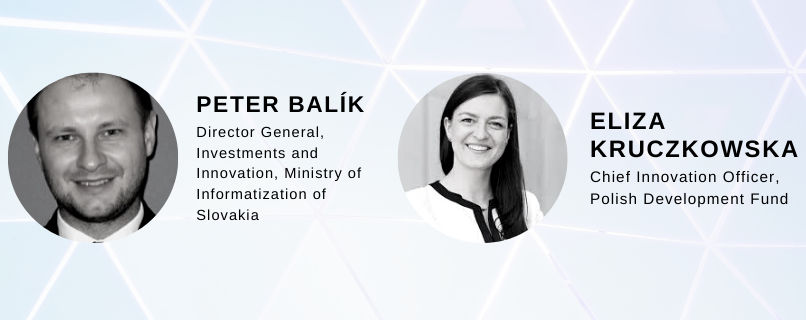Think Tank
Video chats
Video recap: State of Romania
11 December 2024
2 December 2020
Attracting international investors and reversing the trend of brain drain will spur on the necessary changes needed to fuel markets of Central Europe.
When Central Europe was in its infancy as a member of the European Union, many skilled and unskilled workers as well as ambitious students, left the region for the promises of higher wages, greater personal development and international opportunities.
In general, these members have achieved wonderful results; however, at least for the Visegrad Group, convergence with the West has also occurred with an approaching standard of living (certain areas have even surpassed many in “established” EU countries) and increased levels of infrastructure and economic well-being that have benefited citizens who have stayed in their prospective nations.
But the areas that helped keep Central Europe competitive in the European market and spurred on their economies (manufacturing, cheaper labour, etc.) are losing ground, and the future will require a more innovative internal market with global appeal.

With this perspective in mind, investment initiatives from the EU and also those in specific countries like Poland and Slovakia have both sought out external and internal investors – with varying levels of success – while offering a springboard for start-ups and innovators to bring their businesses to the next level.
Programmes such as a collaborative German-Polish fund which have offer anywhere from 250,000 to 15 million euros of investment have allowed companies – many digitally or technology-focused but also educational and advisory – to reach far beyond their original horizons.
Furthermore, there are many accelerators in Poland where those with ideas but perhaps not all the capital or necessary administrative knowhow can set up their companies in a conducive and collaborative environment.
Nevertheless, while the money is available from the EU or other sources, there still is a dearth of projects. Helping the private sector mature must certainly be the focus of such grand initiatives, and while numerous “science parks” have been built across the region, many of their offices lie dormant waiting for those with a fire in their belly and training to utilise the untapped resources of the region can create markets that will grow and expand in the future. These certainly need continued and more ambitious support.
Then, there is the idea of attracting those who left for other European nations to return home.
Slovakia is an excellent case study. There is a huge number of skilled Slovaks who left the country in the past, and the Slovak diaspora is very active in foreign countries. Although there are hints of the emigration being reversed, right now, we still don’t see the trend of these people coming back.
Therefore, there will be funds which will be focusing on attracting these people who received some experience and also resources abroad to come back to Slovakia and to try to help to shape the innovation environment.
Coupled with the above-mentioned cross border cooperation, these projects will not only reverse the brain drain suffered by the region but attract international stakeholders as well.
This is a summary of a discussion with Eliza Kruczkowska (CIO, Polish Development Fund) and Peter Balik (Director General, Slovak Ministry of Informatization) at the New Europe 100 Forum on 27-28 October 2020, edited by Galan Dall, Editor-at-Large of Visegrad Insight. Find out more about the upcoming New Europe 100 Forum, future activities and our partners here. For updates, follow @NewEurope100.
The article is part of a project supported by the International Visegrad Fund.